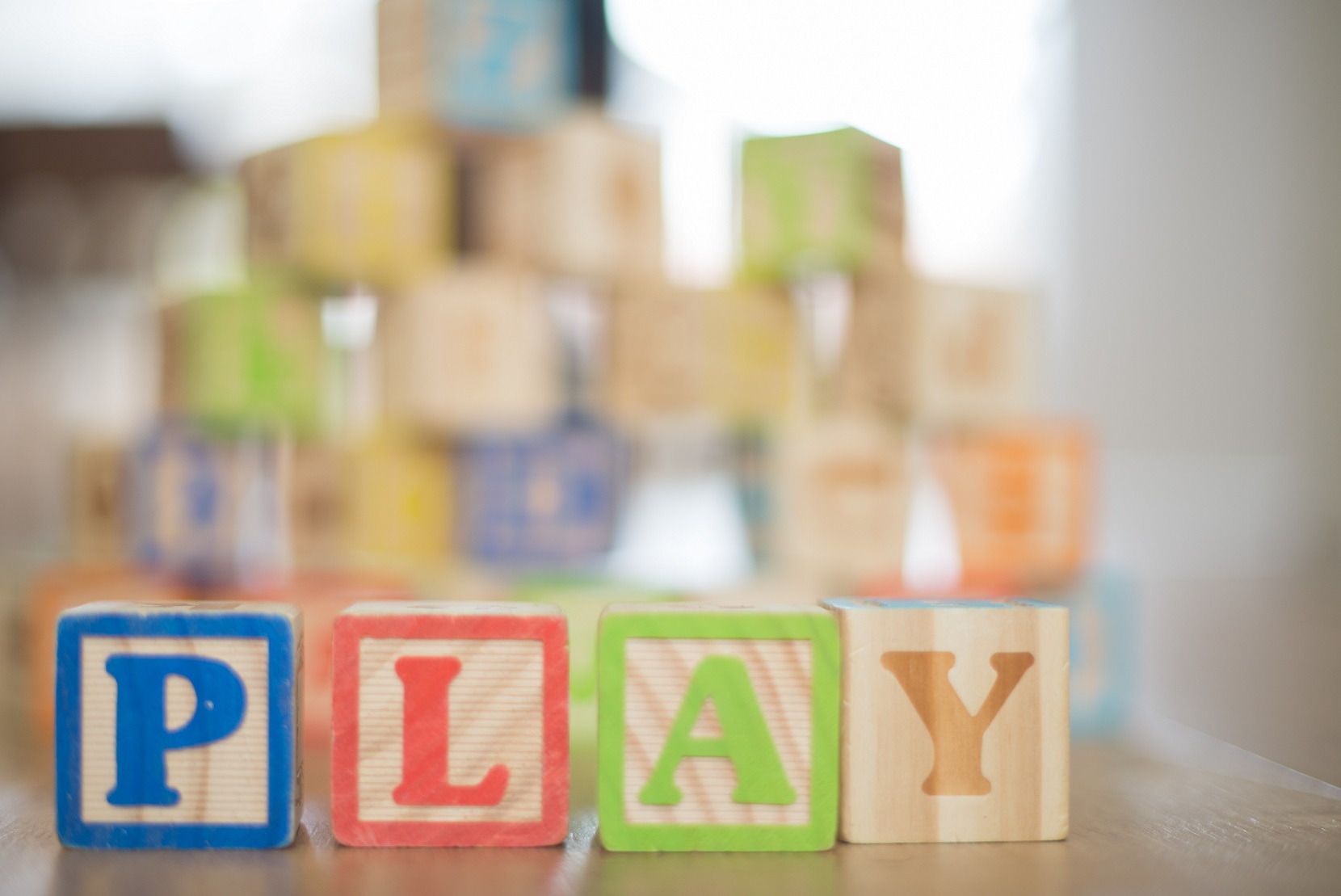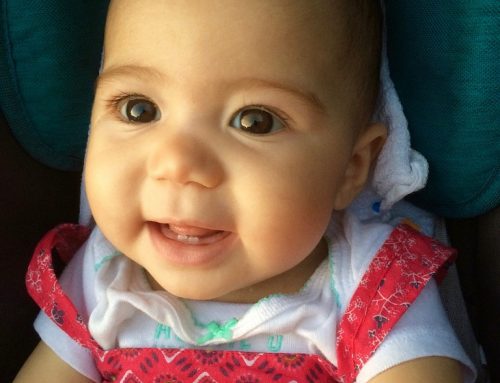When it comes to picking the right preschool for your child, parents have a lot to consider. Is it close by? Affordable? Good reputation? Till now, you’ve been the teacher in your child’s life. It is time to hand over the reins, partly, to another. But how do you make that choice? After all, no two children are alike. Kids have different types of intelligence, skills and learning abilities. So why should education be one size for all?
Thankfully, it isn’t. You can pick a preschool that is competitively paced, offering your child an edge, while opening up doors for future possibilities. Or, you could choose to move at a slower pace. Apply to a school where early childhood education isn’t about the finish line, but rather the whole journey. If the latter sounds appealing, then you might want to take a look at the Waldorf school nearest to you. This alternative form of schooling adopts a more holistic, artistic and spiritual approach towards education. Their methods are a bit unorthodox as compared to established preschools. How exactly? To know more, we get to the heart of the matter.
What is the Waldorf method of education
It all started around 100 years ago. An Austrian educator, philosopher and scientist, Rudolf Steiner, was asked to design a school for children. He agreed, but only on his terms. Inspired by his philosophy of anthroposophy, he believed children who were independent thinkers were more likely to develop into scientists and philosophers. Since then, the Waldorf method has grown as an educational system and reached our shores as well. At its core, the Waldorf school has been designed to suit the developing needs of a child, across various stages of childhood, with creativity and lateral thinking as the main focus.
What are the principles of the Waldorf method
Here are the popularly known principles of the Waldorf method of education:
- Every child develops differently at his own pace, so no race or competition among peers
- Art & creativity form an integral part of the curriculum
- The syllabus is fluid; all kids don’t do the same activity at the same time. Teachers can adjust the lessons according to the child’s needs.
- Children learn to connect with nature and the natural environment around them
- Verbal storytelling serves as a major tool for learning
- Children are taught to work with their hands, whether it’s knitting, pottery, drawing or even climbing trees
- Physical activities are extremely important; a child doesn’t learn by sitting in one place, but by exploring the world around him
- Simple, open-ended toys are used to foster imagination and creativity
- Great emphasis is placed on festivals and ceremonies
- Focus on reducing dependence on artificial elements, whether in choices of food, objects of daily use or choice of lifestyle
How is it different from a typical preschool learning
- No marks or grades are given; instead, the teachers offer a qualitative assessment
- No standard textbooks till grade 1
- What other schools label as ‘extracurricular’, they consider as the vital syllabus, like art, music, dance, sports, etc.
- Lessons are taught through artistic methods like puppetry, games, singing, etc.
- Kids learn to write first; reading is taught at a later age than in other schools
- The curriculum is designed to develop life skills and physical prowess along with EQ & IQ
How does a Waldorf preschooler learn
Teachers conduct the classes in a slow, unhurried manner. Each child gets plenty of time to absorb and learn. While all preschools have their own individual schedule and activities, on an average, the day planned is as follows:
- Outside play: Kids engage their whole body in movement and connect with nature
- Circle time: For music, puppetry, games, painting or craftwork
- Inside play: Kids work with their hands, they can choose to knead bread dough, work with blocks, take up knitting or pottery
- Storytime: A huge part of the teaching method, kids gather around the teacher who narrates stories about the world around them
- Rest time: Kids get downtime to relax and absorb the lessons of the day
Should I send my child to a Waldorf preschool
While special needs kids or children with learning disabilities thrive in the Waldorf system, kids with high IQ and EQ do just as well. Any child of any ability can fit in. However, as a parent, you need to be at peace with how radically different your child’s school will be. There are no marks, no competition, no fixed syllabus and no textbooks. This style of education might not be every parent’s cup of tea, especially for those who want their kids to start training for a professional future right away. Only apply here if their ideology matches yours.
Will my child adjust well to conventional schools after attending Waldorf preschool
After preschool, if you choose a standardised school for your child’s primary education, your child will have no trouble adjusting. Remember, preschools across the board teach in an informal setting. Nursery and kindergarten kids have flexible minds and a willingness to imbibe education taught to them in any form. What Waldorf does is help the child with emotional, mental and physical development that will help in the later formative years.
If you opt to continue in a Waldorf school, but switch gears in secondary or high school, your child can still adapt. Some kids may take longer to adapt to a a tightly structured curriculum, regular testing and learning by rote. However, there shouldn’t be any problems coping in the long term. Whether or not your child would want to is another issue altogether. It’s best to make sure your child is happy with the change.
Has this method faced criticism
The method is viewed by traditionalists as a ‘hippy’ movement, as there is more emphasis on art-oriented subjects. While some people have criticised the school’s lack of strong academic focus.
Conclusion
Waldorf schooling is not for every parent. Some parents will have a tough time adjusting to such a holistic learning experience, even if their kids love it. But it is worth taking the plunge if you believe in the same values as the school.






Very nice read. Especially mother of a toddler it gives me an insight on Waldorf schooling methodology and Wat are its pros and cons.
Where are such schools located around Thane
Hi Jhumur, I am not in Mumbai now. Will try to ask my friends in Thane and get back to you.